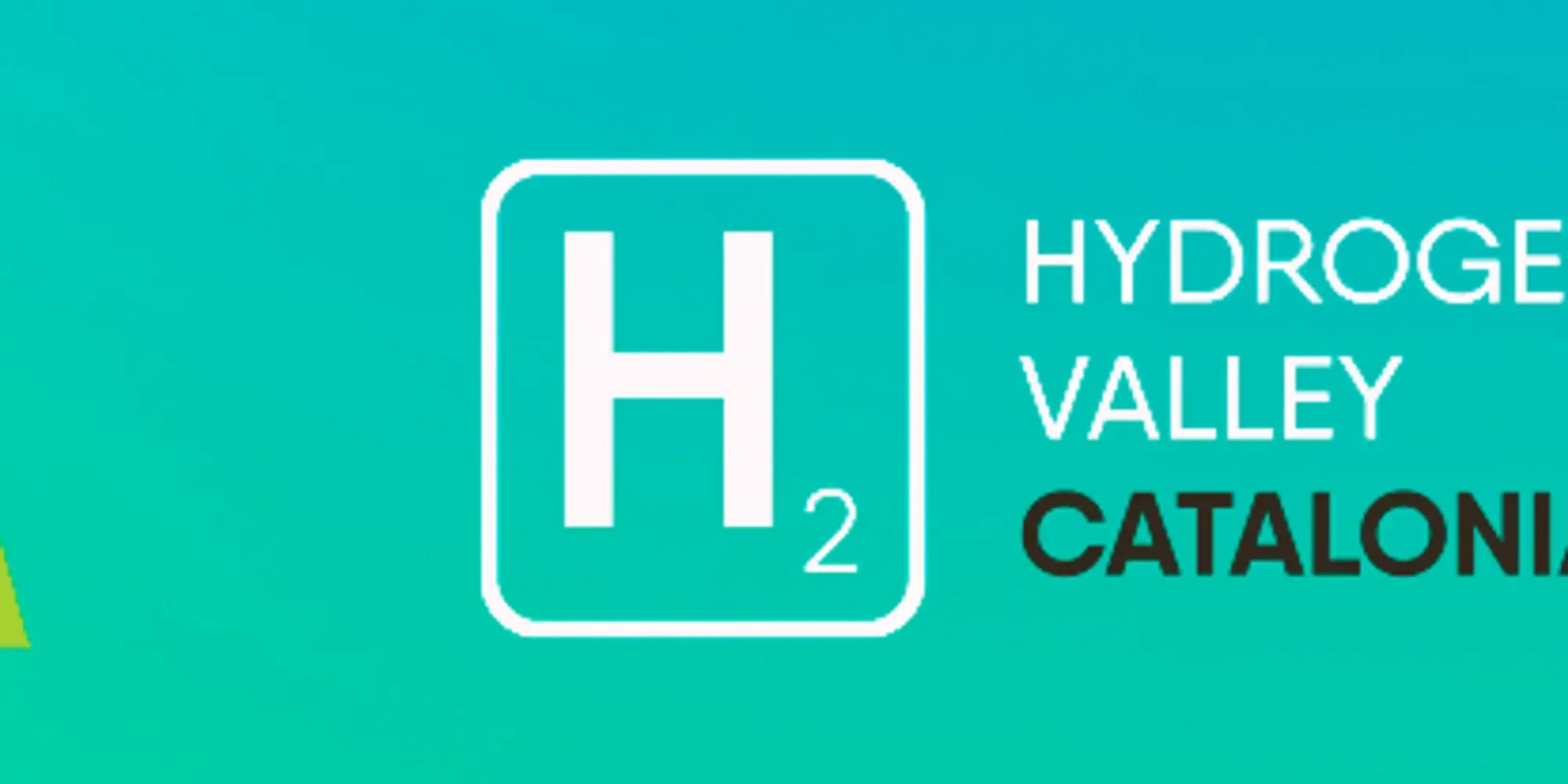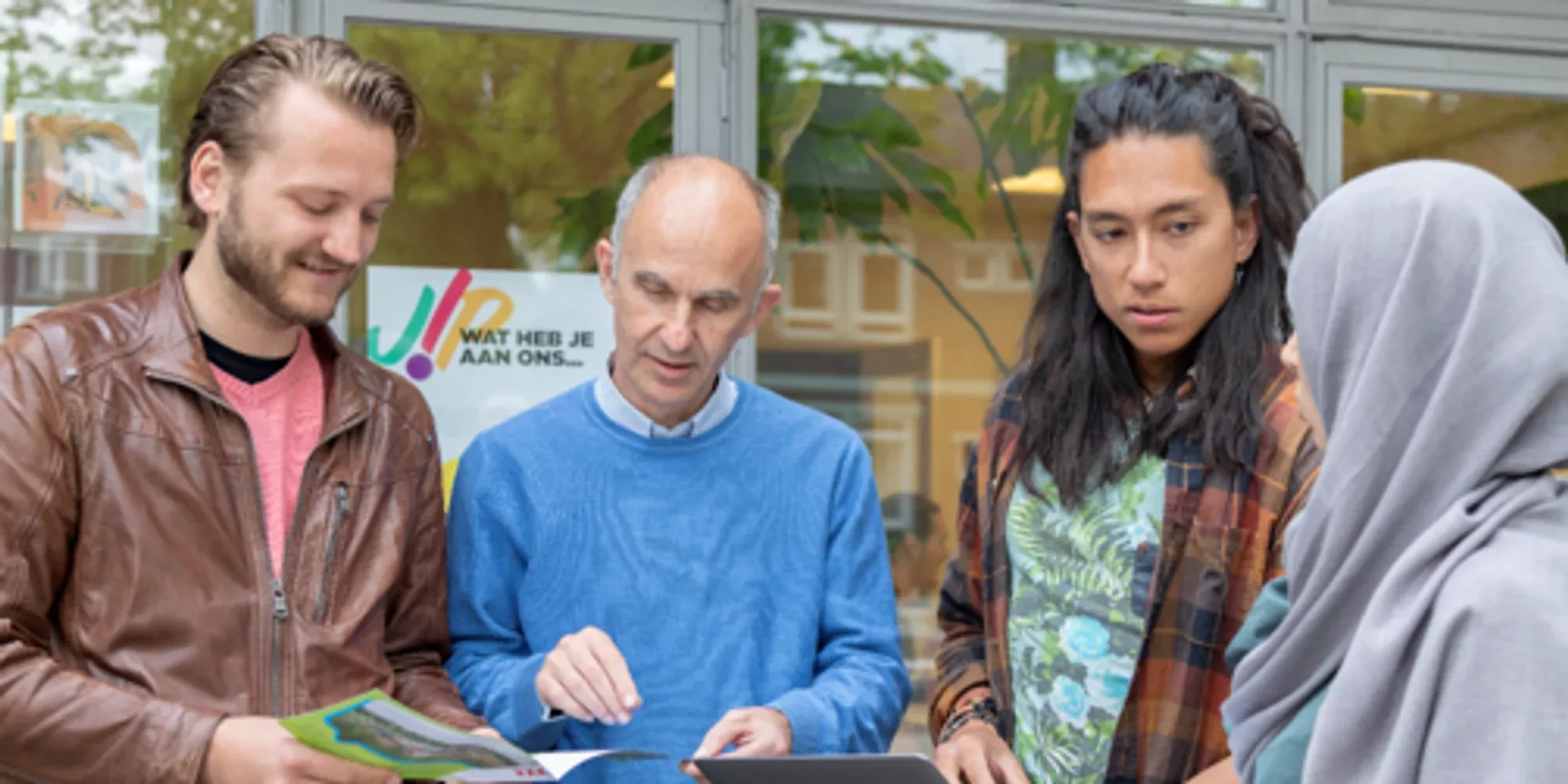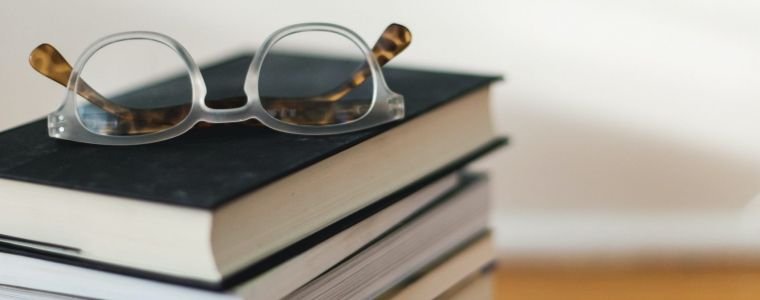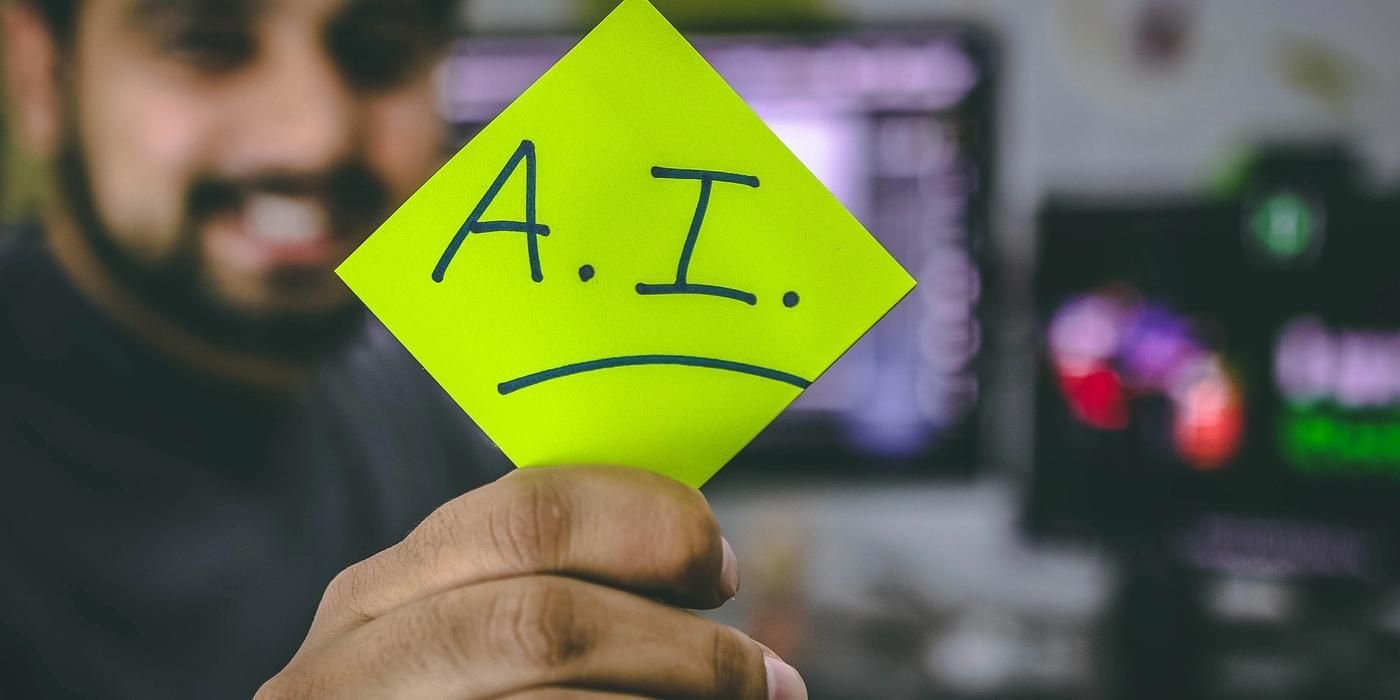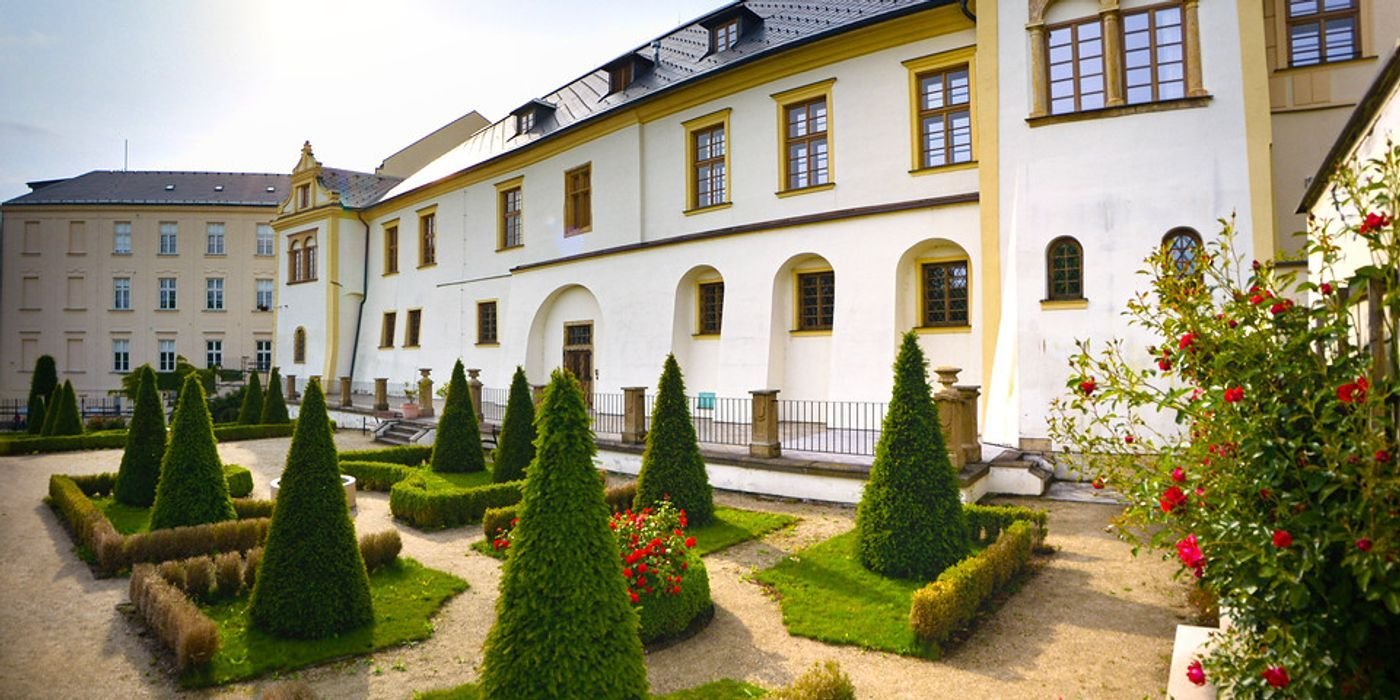More than one hundred businesses and organizations attend the official presentation in Tarragona of a strategic national initiative which has already been working for some time on the transition to the renewable hydrogen economy and society
The Vice-President of the Catalan Government, Pere Aragonès, stated that the Hydrogen Valley of Catalonia “is a paradigm of the transformative projects that the country needs and an opportunity to change the energy consumption model”
Enagás and Repsol takes on the commercial leadership of an initiative coordinated by the Universitat Rovira i Virgili which they hope will make the territory a European leader in the hydrogen industry.
Tarragona, 14 May 2021 – The official presentation of the Hydrogen Valley of Tarragona has taken place in the Tarragona Congress Centre. The event has been attended by the more than 100 companies and organisations that form part of the Hydrogen Valley and has been an opportunity for all those involved to reaffirm their commitment to tackling the climate emergency by promoting a society and economy based on renewable hydrogen. This strategic national initiative has already been working for months to consolidate an ecosystem based on the value chain of hydrogen, an energy vector vital to achieving carbon neutrality whilst increasing business competitiveness and improving individual well-being, especially in the context of the COVID-19 pandemic.
The event has been presided over by the Vice-President of the Catalan Government and Minister for the Economy and Revenue, Pere Aragonès, who emphasised the importance of the Hydrogen Valley as “an paradigm of the transformative projects that the country needs and an opportunity to change the energy consumption model”, while the presidents of Repsol and Enagás, Antonio Brufau and Antonio Llardén respectively, have taken on commercial leadership within the Valley as a challenge and commitment to society.
The agreement by all parties to promote the growth of the Hydrogen Valley of Catalonia, with economic development and climate change mitigation as its primary goals, has resulted in the signing of a memorandum of understanding by the principal stakeholders involved in the initiative, represented by Ramon Tremosa, the minister for Business and Knowledge of the Catalan Government; María José Figueras, rector of the Universitat Rovira i Virgili; Noemí Llauradó, president of Tarragona Provincial Council; Josep Maria Cruset, president of the Tarragona Port Authority; Montserrat Ballarín, vice-president of the Social and Economic Development of the Barcelona Metropolitan Area, and Rubén Folgado, president of the Chemical Business Association of Tarragona (AEQT), in addition to the aforementioned of Repsol and Enagás, Antonio Brufau and Antonio Llardén.
The event began with a welcome speech by the Mayor of Tarragona, Pau Ricomà, in which he expressed his support for the initiative and stressed “the city’s commitment to the project and to the implementation of renewable hydrogen”. This was followed by María José Figueras, rector of the Universitat Rovira i Virgili, the institution coordinating and promoting the Hydrogen Valley of Catalonia, who expressed her thanks for the support of all stakeholders and stated that “the knowledge agents and administrations and companies that participate in this initiative seek to consolidate all of their assets and potentialities in order to make the Valley a leader in the transition to a society and economy based on renewable hydrogen, through knowledge, research, production, distribution and use”. In this context, the rector has highlighted that the role played by the URV involves “leading and promoting training, socialization and research into the new value chains of renewable hydrogen”.
Ramon Tremosa has expressed the “total support” of the Catalan Government for the Valley, “a competitive and transformative strategic project with a clear impact on the territory that will contribute to the need for energy transition” and he asked the Spanish Government for “real joint governance in the management of the Next Generation initiatives. We have to play a key role if we want to maximize the resources that Europe makes available to us”, he stated.
Noemí Llauradó, for her part, has stated that the institution that she presides over is committed to making the Tarragona region “lead the implementation of this energy model throughout Catalonia and become a driver of development and a European reference point in this ambit”. According to Llauradó, “the energy transition is a question that can be dealt with particularly well at the local level and in concert and dialogue with fellow stakeholders”. For his part, Josep Maria Cruset has expressed the support of the Port of Tarragona for a project that “brings together the protection of the environment and the sustainable economic development of society”. “It is for this reason that we are making all of the Port’s assets and potentially available for the project”, he concluded.
Montserrat Ballarín has demonstrated the commitment of the Barcelona Metropolitan Area “to the challenges of climate change and sustainability” and has highlighted the BMA’s work both in support of clean energies and in the drastic reduction of emissions from private transport, thus “working towards the carbon neutrality of our territory”. The president of the BMA and the mayor of Barcelona, Ada Colau, was not able to be present in Tarragona but appeared in the opening presentation video of the Hydrogen Valley of Catalonia, alongside the other stakeholders. Colau referred to the commitment by Barcelona Metropolitan Transport to incorporate renewable hydrogen as a fuel and thus implement the first public hydrogen station in Spain.
Enagás and Repsol are the two companies that have positioned themselves at the forefront of the Hydrogen Valley of Catalonia. The president of Repsol, Antonio Brufau, stated his company will be one of the main actors in the process of transforming the petrochemical hub of Tarragona, “thus helping it to become an industrial leader in Europe”.“All of us who make up the Valley want to tackle the challenge of the energy transition in a way that is engaged with society and we will do so through innovation and technology”, he added. For his part, Antonio Llardén stated that Enagás will contribute its experience in promoting renewable hydrogen projects that are “sustainable in the long term, with innovative technologies that promote a competitive industry and generate wealth and employment”. According to Llardén, “industry is crucial to driving the reconstruction of a strong economy and society”.
Rubén Folgado, president of the Tarragona Port Authority, stated that the chemical industry has a responsibility to play an active part in the Hydrogen Valley of Catalonia.“We are taking on a key role in the energy transition, in this process that can no longer be put off, not only because of our obligation to comply with the emissions restrictions that the European Union has established for the 2030 and 2050 horizons, but also because the survival of our activities is at stake and, above all, because of a sense of conviction. We individuals who make up the chemical industry are the first to insist on our own sustainability and the need to protect the planet.”
In the closing speech, Vice-President Pere Aragonès described the Hydrogen Valley of Catalonia as “highly exciting” and that it must be “the first step in reducing carbon emissions”. “This initiative has all of the features that we hope to see in the Catalonia of the future, the Catalonia that we have to start building right now”, asserted Aragonès, who also stated that the Next Generation EU funds are an opportunity that must not be missed. In fact, the Hydrogen Valley is one of the 27 projects for driving the economic recovery that the Catalan Government wants to prioritise in order to access European funds.
The vice-president also explained how the Hydrogen Valley project is much more than an alternative source of clean energy because it “takes advantage of the economic crisis to promote the transformation that country’s manufacturing sector needs”. According to Aragonès, “it is precisely these big, ambitious impact projects that are needed so that the Catalan economy can gain competitiveness, position itself as an international leader, and fight against climate change”.
The event was presented by the journalist Xavier Graset and has also served to formalize the alliance of knowledge, science and technology comprising the Universitat Rovira i Virgili (URV), the Institute of Chemical Research of Catalonia (ICIQ), the Catalonia Institute for Energy Research (IREC) and the Eurecat Technology Centre, which is the research and innovation core of the Hydrogen Valley of Catalonia and which has been working for a long time in the ambit of renewable hydrogen.
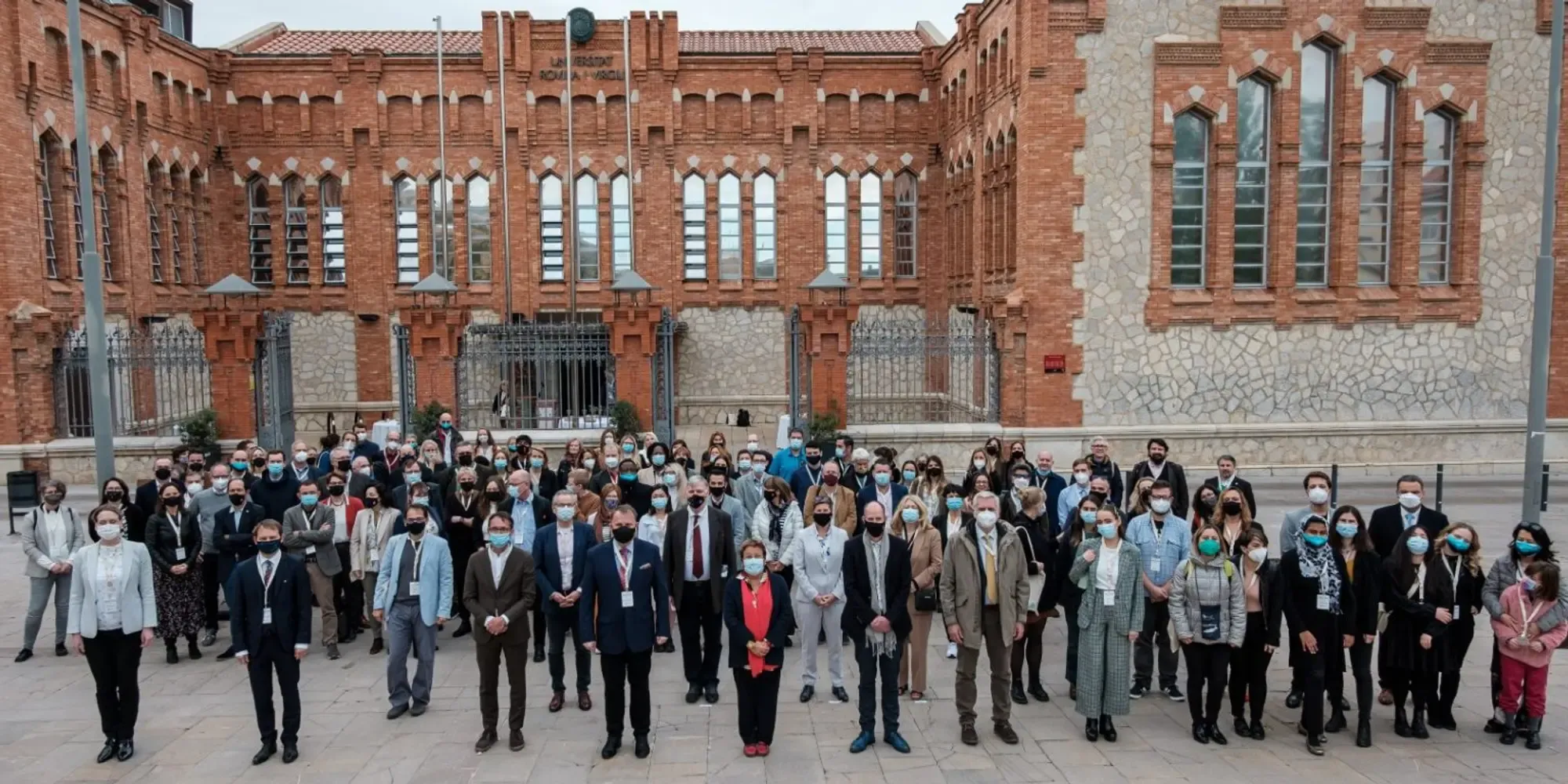
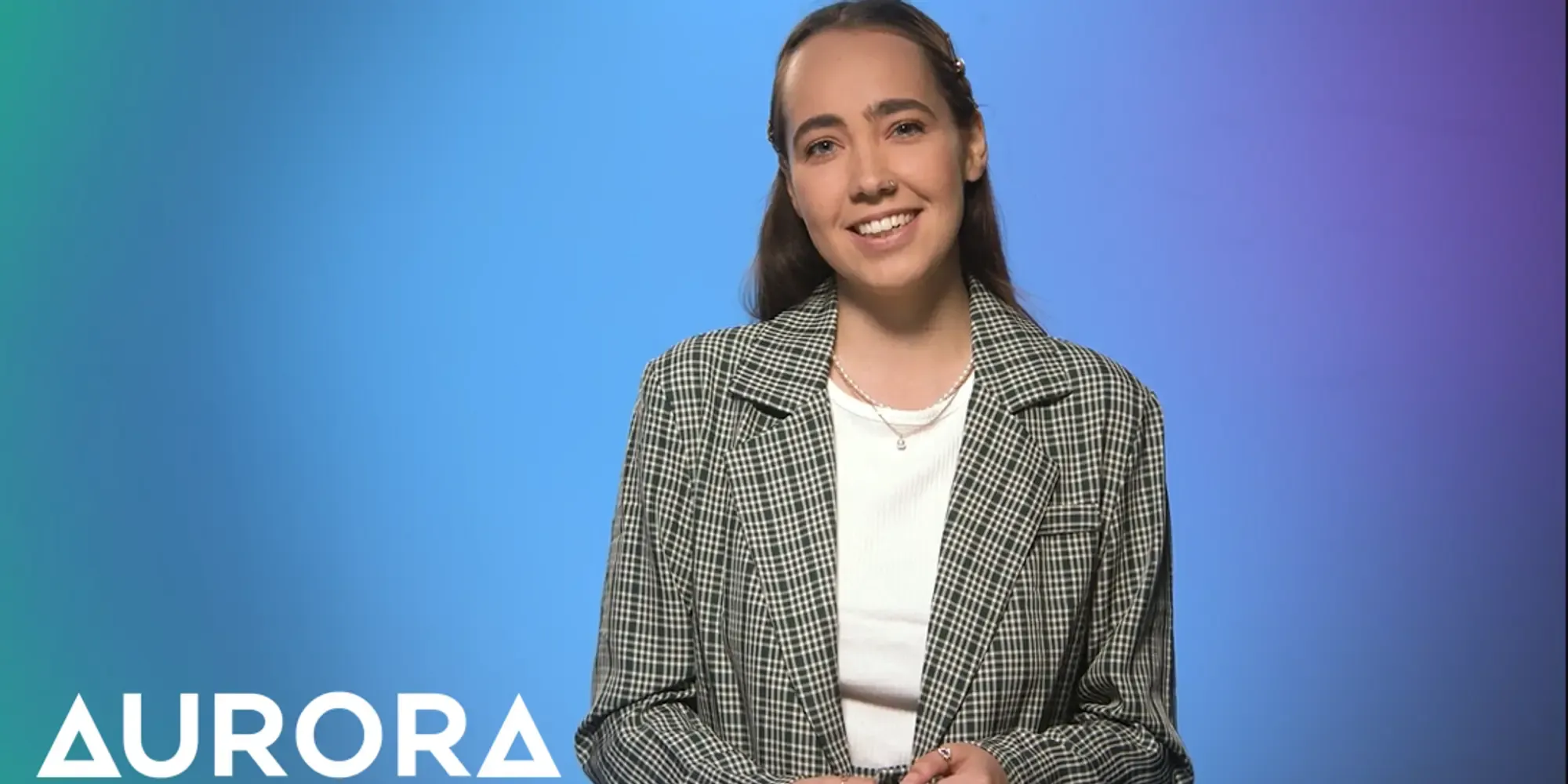
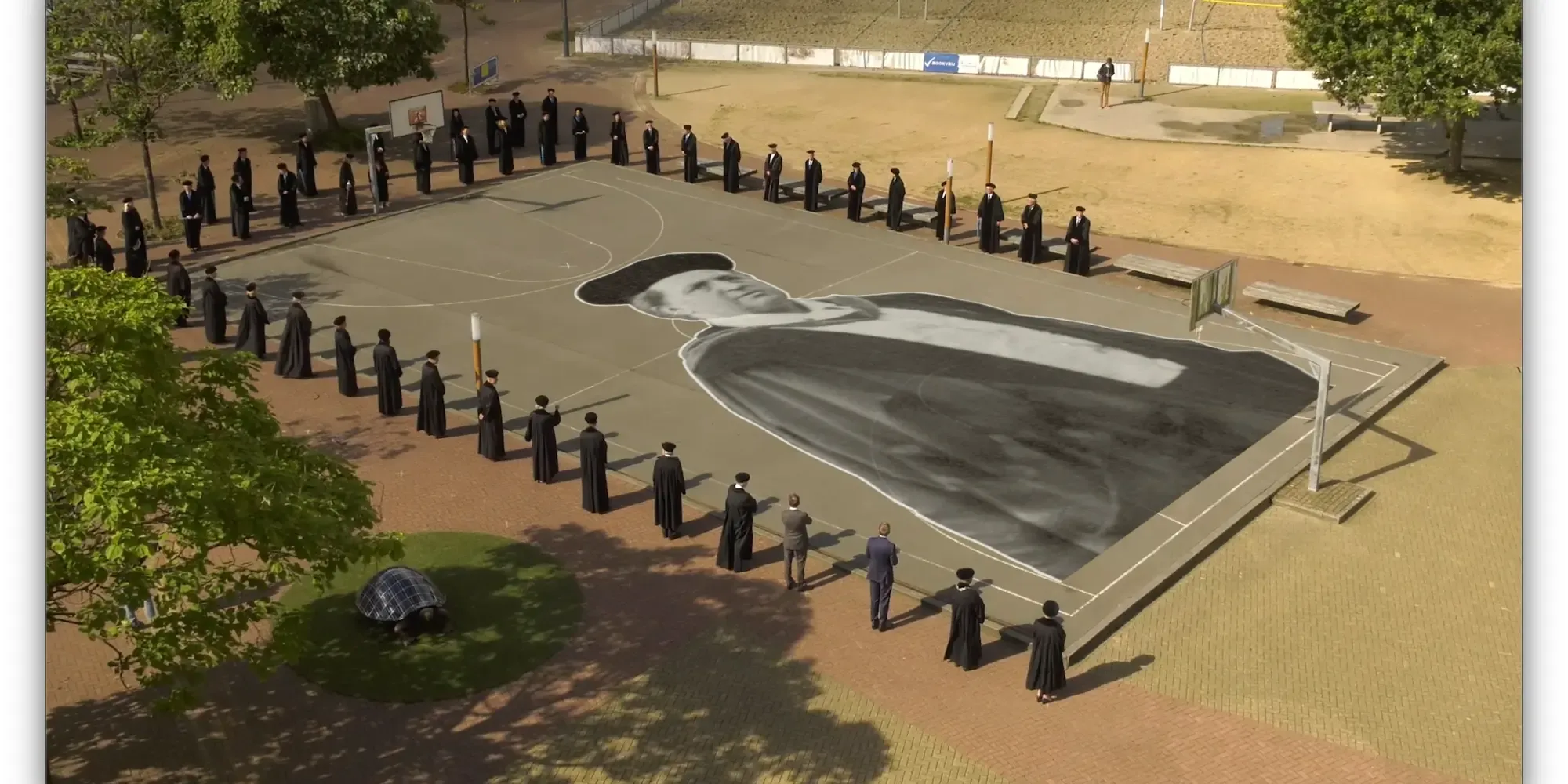
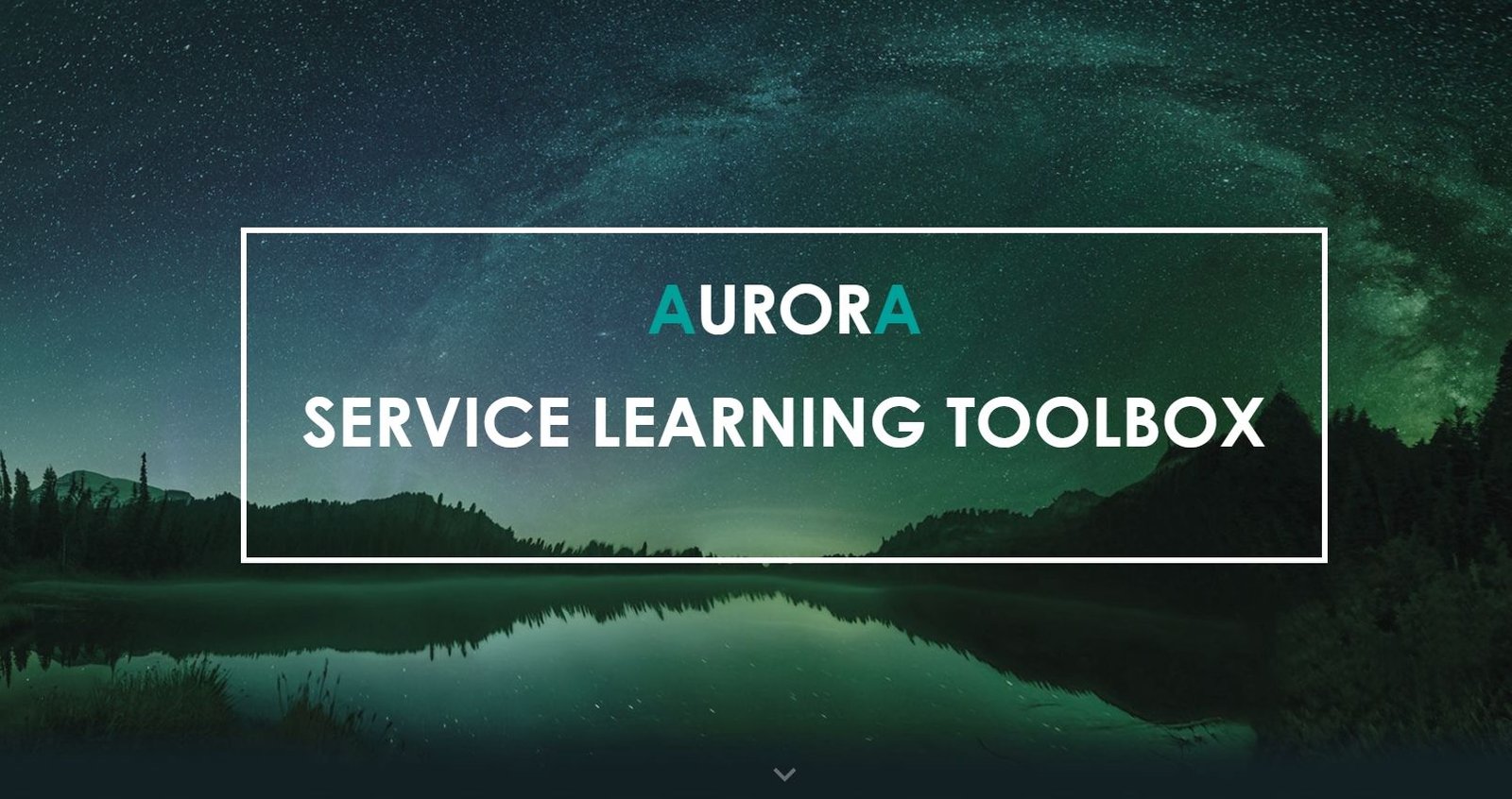



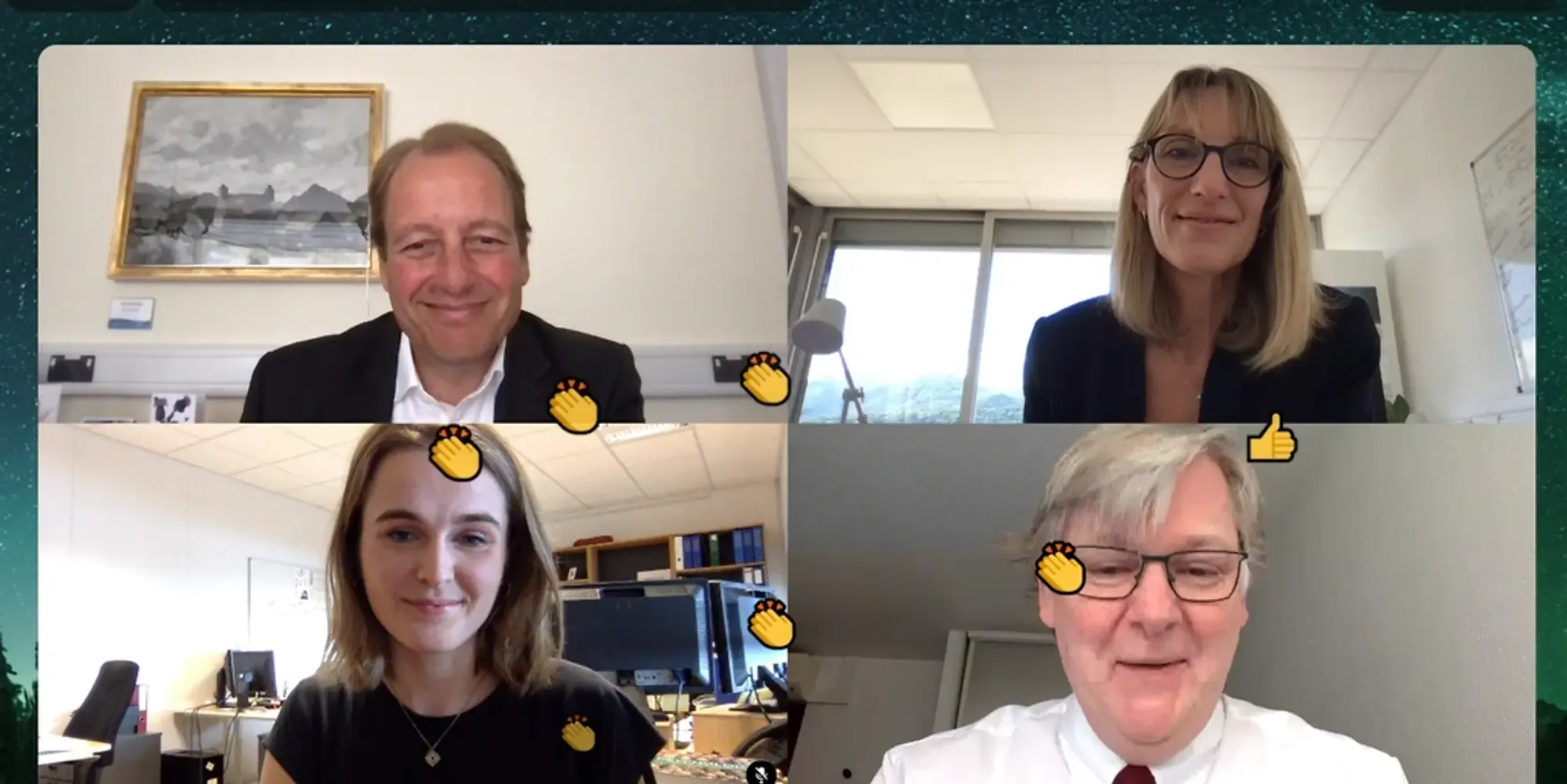
 After lively parallel session presentations and dynamic conversations, we entered the virtual reception building where Jón Atli Benediktsson (Aurora Network President and Rector of University of Iceland) welcomed the Minister of Education, Science and Culture of Iceland, Lilja Alfredsdottir. Ms Alfredsdottir believes that the strength of Iceland lies in its international collaborations and that these collaborating networks have ensured that Icelandic research is truly global and ambitious. She says: “No single institution can tackle world challenges on its own but collaboration brings a strength that can be greater than the sum of its parts. With that in mind, the European Commission has focused its recent efforts in higher education on forming strong European University networks capable of producing internationally competent European students, European research, and European solutions”. Jón Atli introduced Ms Anne-May Janssen who will take over from Kees Kouwenaar as Secretary-General of Aurora from July 25th of this year. The reception also welcomed a comedy sketch by comedian Ari Eldjarn. Ari enthused the public with his charismatic interpretations of the many European cultures.
After lively parallel session presentations and dynamic conversations, we entered the virtual reception building where Jón Atli Benediktsson (Aurora Network President and Rector of University of Iceland) welcomed the Minister of Education, Science and Culture of Iceland, Lilja Alfredsdottir. Ms Alfredsdottir believes that the strength of Iceland lies in its international collaborations and that these collaborating networks have ensured that Icelandic research is truly global and ambitious. She says: “No single institution can tackle world challenges on its own but collaboration brings a strength that can be greater than the sum of its parts. With that in mind, the European Commission has focused its recent efforts in higher education on forming strong European University networks capable of producing internationally competent European students, European research, and European solutions”. Jón Atli introduced Ms Anne-May Janssen who will take over from Kees Kouwenaar as Secretary-General of Aurora from July 25th of this year. The reception also welcomed a comedy sketch by comedian Ari Eldjarn. Ari enthused the public with his charismatic interpretations of the many European cultures. In total, 25 of Aurora’s active working groups and task teams met during the Biannual, and 7 dissemination sessions informed a wider Aurora audience on aspects of the Aurora programme of activities.
In total, 25 of Aurora’s active working groups and task teams met during the Biannual, and 7 dissemination sessions informed a wider Aurora audience on aspects of the Aurora programme of activities.